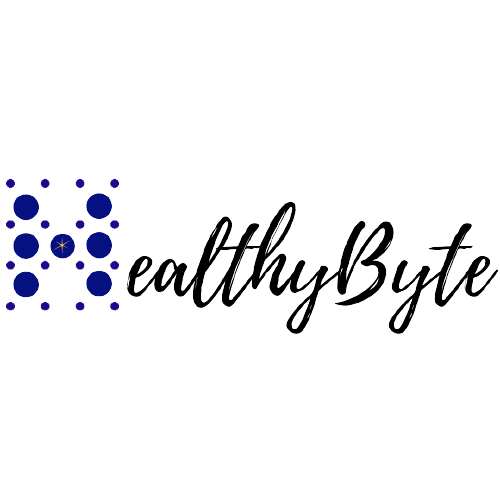How to protect your system from hackers and cyber attacks?
Your device, whether it be a phone, laptop or tablet might have access to some sensitive information. Your personal device might have access to your bank, messages, family pictures, work details, etc and if it gets compromised the information can be stolen, destroyed or used maliciously. You would definitely not want such sensitive information falling into the wrong hands.
Let's discuss a few ways to protect your devices or systems against cyber attacks.
Update existing software and install any patches for the system provided by authorized software vendors. There is a notion that if you install a patch for your system it would break the system, and that could happen but in most cases the chances of it breaking anything are highly unlikely. Updates and patches include security updates to the system which act as a first line of defense.
Enable strong passwords. Always have password protected systems. Sometimes you have to log in to way too many things and it can be a real pain to keep track and remember these passwords, that being said it's better to develop and maintain this good practice instead of suffering a data breach. A strong password would be more than 10-12 characters, would include upper and lower case characters, numbers as well as special characters.
Enable 2 factor authentication or multi factor authentication (MFA). Let me give you an example. When you want to log in to your email account, it allows you not only to authenticate your identity via a password but continues to verify your identity via a text message on your phone or on your backup email. Some applications you can use for MFA are Authy, Google Authenticator, etc.
Avoid using a public wifi network. Yes, it is very tempting to use free public wifi and get your work done but the problem is these networks can be very insecure. You would be sharing the wifi network with unknown people. The unknown devices surrounding you might be infected with malware which they could pass onto your device. At the very least, use a VPN (Virtual private network). Not only does it provide you a secure tunneled channel to communicate but also can mask your identity and location.
Use and enable an antivirus/anti-malware software on your device. This is a no brainer and acts as an insurance against cyber attacks and hackers.
Always have backups and restoration of data enabled. If your system ever crashes or is affected with malware, it ensures that you have a copy of the data handy. For MacOs you can use Time Machine which is an inbuilt data backup software.
The one important thing to note here is that continuously educating yourself will more likely cut down your chances of encountering cyberattacks and malware. If you see something that looks weird or off, question it! Do not accept anything at face value. My last tip would be to focus on security rather than convenience. They are inversely proportional. Focus on convenience and decrease security, focus on security and decrease convenience.

